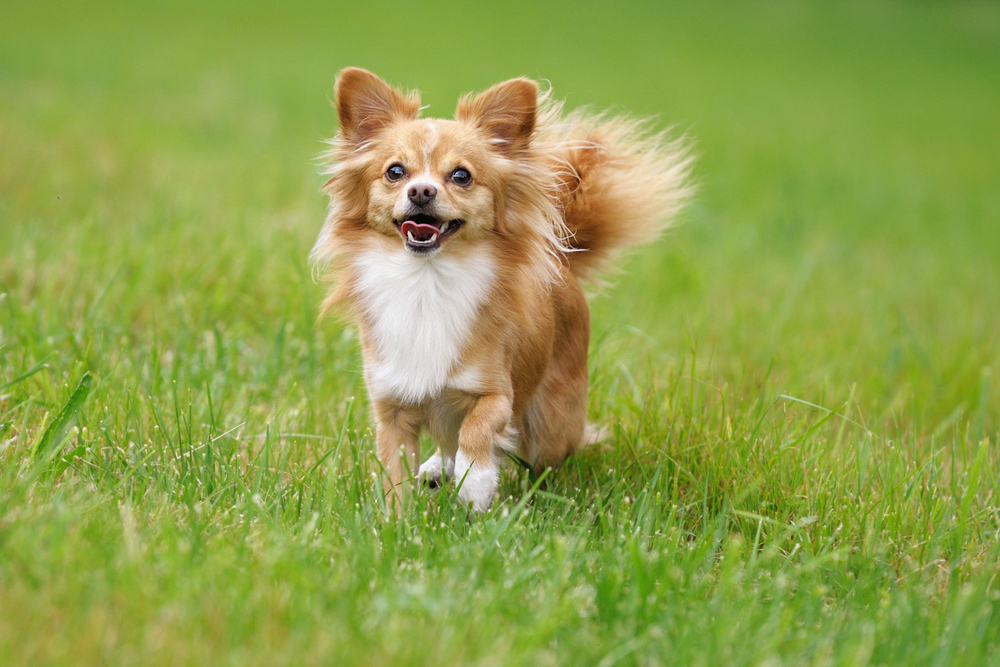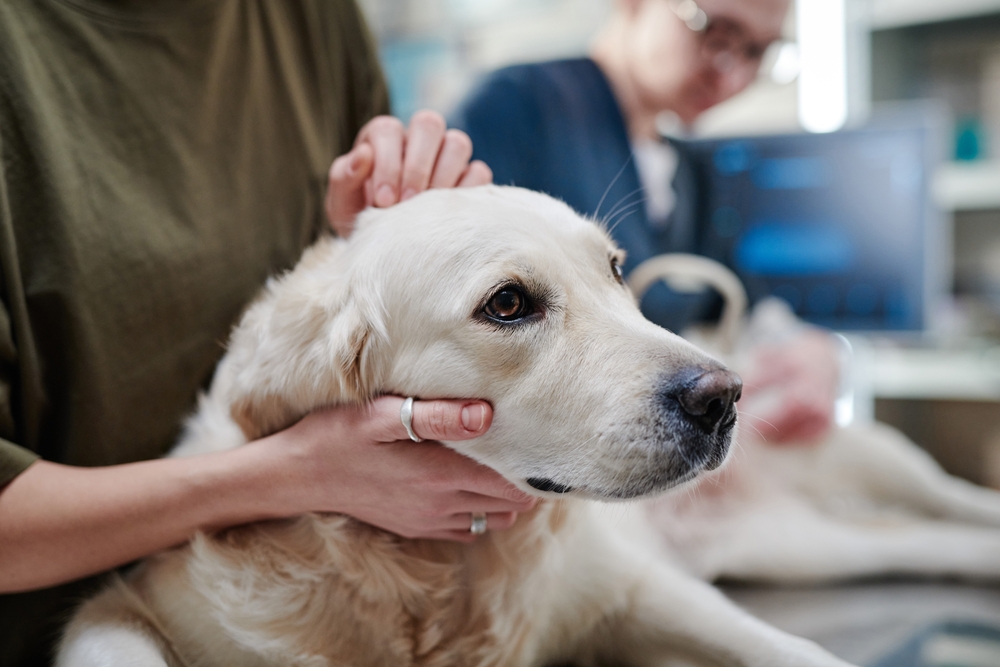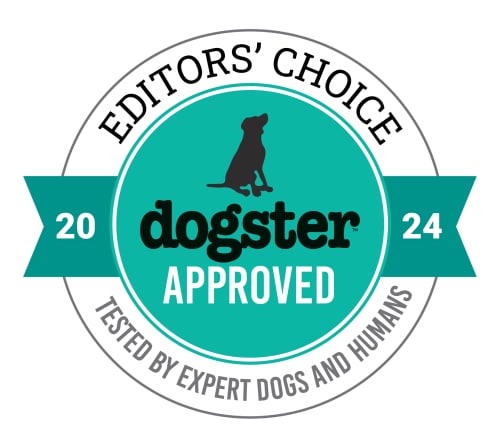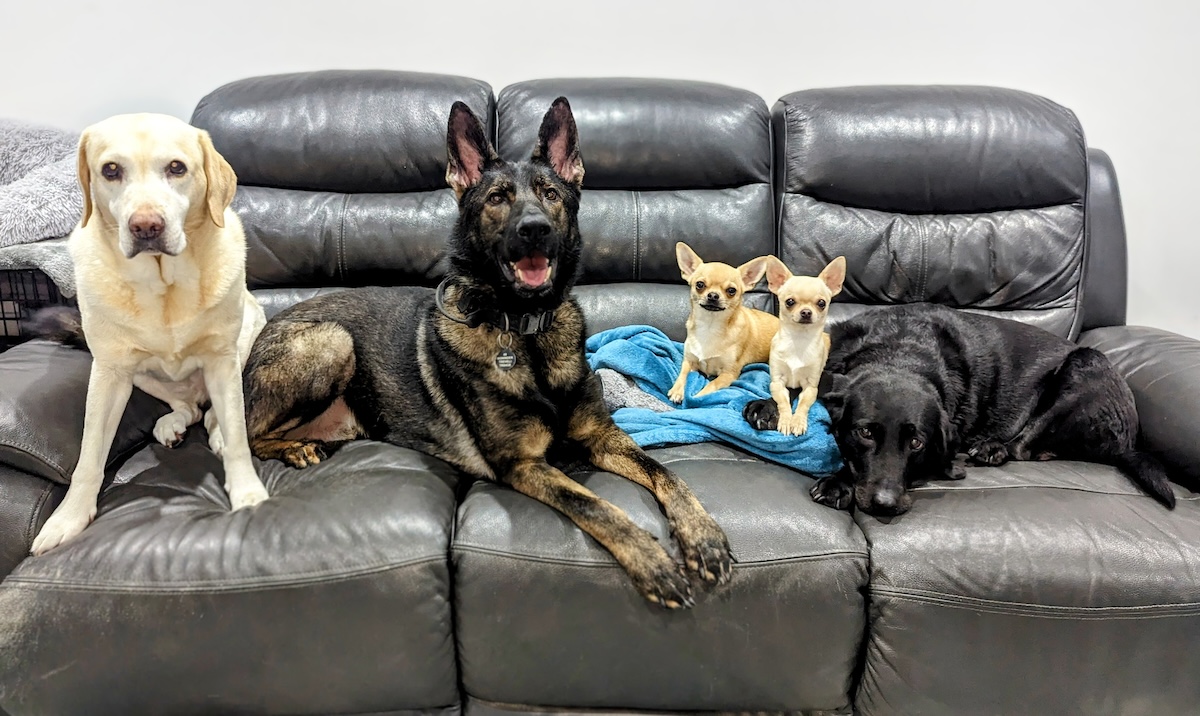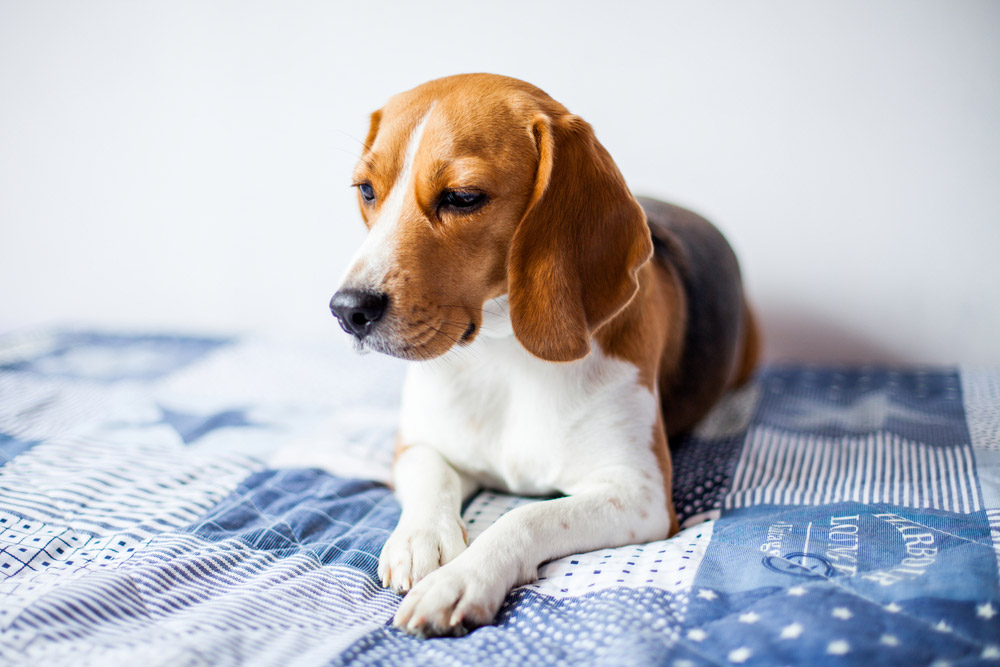Click to Skip Ahead
As more owners define themselves as “pet parents,” the parallels to having children are raising new considerations at every turn. It isn’t simply that owners strive to feed higher-quality human-grade meals or spend more on their pets’ healthcare. As our furry family members, pets are no longer passive observers of life around them; they’re actively involved in consequential events, including divorce.
The end of a marriage takes a toll on everyone in the home, and pets aren’t immune to the shock, confusion, and heartache it entails. Among the many challenges these separations bring, tending to your dog’s needs is one of the most impactful for the family’s long-term health.
As you work to ease the transition for your loved ones, we’ll explore five tips to keep your dog happy and help them adapt to the divorce.
The 5 Tips on How to Help Dogs Adapt to a Divorce
While there are plenty of details to figure out as you work your dog through a divorce, the most crucial is maintaining a routine.
Dogs want certainty and predictability. A consistent schedule eases anxiety and provides confidence, allowing your dog to stay calm, happy, and well-behaved. Divorce will undoubtedly cause some upheaval, pressuring parents to soften the blow as needed.
1. Determine Custody That Works for Your Dog
In the court’s eyes, dogs can be either a separate or marital asset. Separate assets come into the marriage, with only one parent claiming the dog as theirs. During the marriage, these dogs may become a marital asset if the spouse takes on responsibilities for feeding and caring for the dog, especially when it involves spending significant time and money.
Unless you come to a custody agreement outside of the court, the dog will be awarded to one of the parties. As you work through a divorce, it’s crucial to focus on what is best for your dog, a point you can work out with your spouse in mediation.
Critical Factors When Deciding Custody
Think about your dog’s routine and who would best maintain it.
- Who has the most meaningful bond with your dog?
- Who has the yard to accommodate your dog’s enrichment and exercise needs?
- Who has the indoor space to suit your dog’s needs?
- Are there any pet restrictions in either person’s home?
- Who takes the dog to the vet?
- Who feeds, bathes, and exercises your dog?
Talk with your spouse about how to best maintain your dog’s quality of life and daily activities. You may decide that splitting custody is sensible and work up a pet custody agreement.
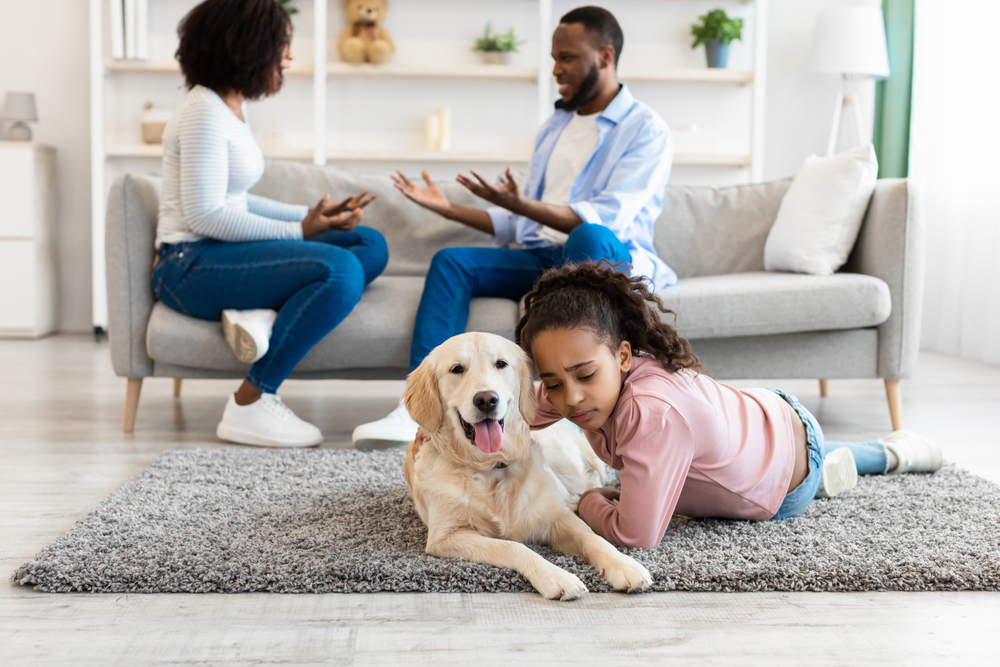
2. Keep Your Dog in One Place
If you decide on a custody arrangement involving you and your spouse, avoid a shared custody situation where you take your dog between houses. New environments can be stressful, and the constant back and forth makes settling into the space or the flow of daily life a recurring challenge.
Instead, arrange for one person to visit so the dog can maintain a comfortable, consistent routine.
3. Keep the Schedule the Same
Adapting to a divorce is faster and more fluid if you can keep a dog’s routine the same. Dogs don’t fully understand the significance of matters around them, including an ongoing divorce. They only experience and react to the consequences of them.
Although you won’t be able to keep every detail of their day the same, dogs will adjust much more quickly to life after divorce if they have predictable feeding times, walking routines, and play sessions.
You’ll have some voids to fill if you and your spouse share responsibilities for your dog. If they used to walk your dog while you were at work, you may have to research local dog walkers and pet sitters in your area to keep up. Finding another person to take over in those moments can also save your dog from any separation-related anxiety.
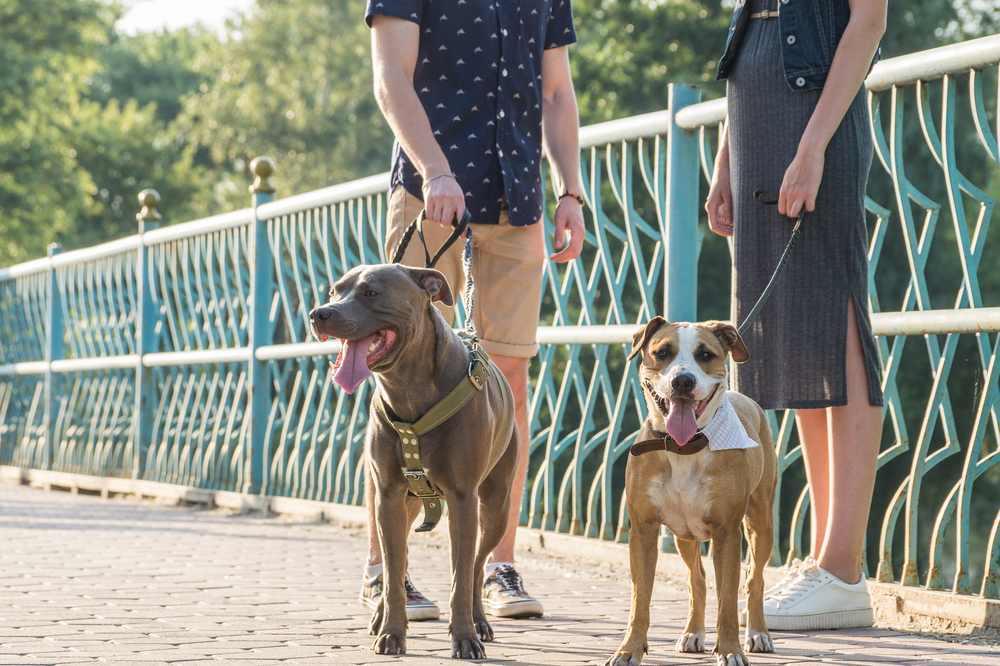
4. Make the Changes More Appealing
Divorce is an enormous change that echoes throughout your family’s lives. As much as you try to maintain the routine, changes will be apparent to your dog, likely causing them some stress.
Address changes proactively. Map out your day and identify when you know things will be different for your dog. You can ease the transition by introducing new routines with positivity to make them appealing.
For example, if your dog has to stay home alone for extended periods, give them special treats or toys or set them up in a doggy daycare for a few hours. Dogs can adapt to new arrangements quickly, especially if we make changes rewarding and worthwhile.
5. Check Your Emotions
Emotions can run hot between the two sides involved in a divorce, and like children, dogs can pick up on them and feel the adverse effects. Positivity is essential, especially during a time when so many changes are occurring.
Exposure to arguments, yelling, tears, and intense emotions can confuse and frighten dogs, who worry over their family members and develop insecurities about their attachment figures. Shared custody sets the stage for negative experiences if you and your ex don’t get along.
It’s easy to subject your dog to harmful arguments, yelling, and tension as you drop off or pick them up from their other home. Giving up time with your dog can be challenging, but if seeing them means they must bear emotional interactions between you and your ex, you may have to swallow your feelings and keep a distance for their sake.
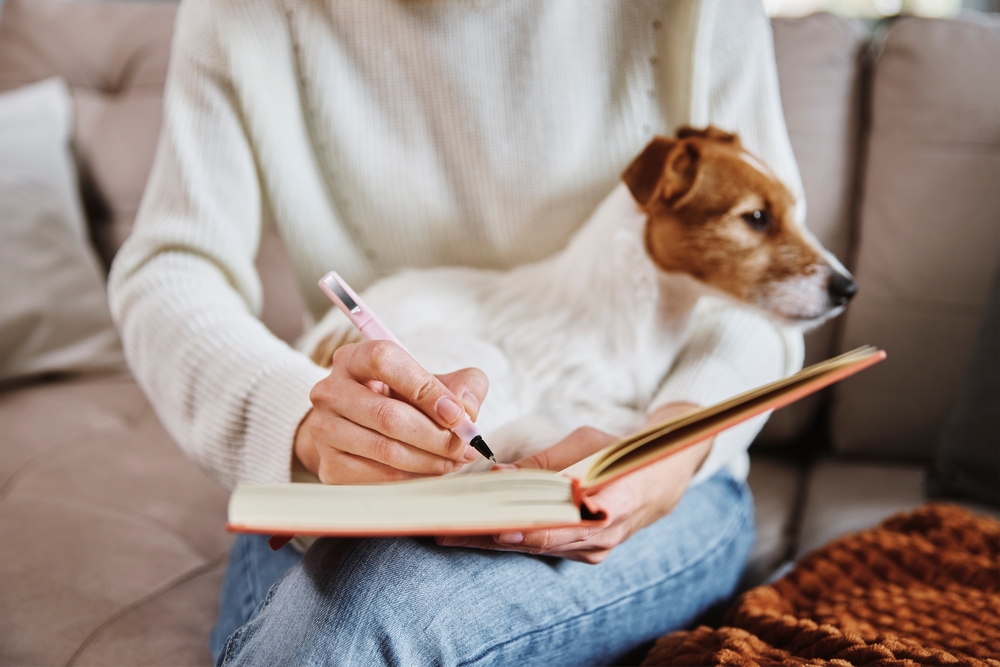
How Can I Help My Dog Adjust to a New Home?
If you take custody of your dog and move to a new home, it is easily one of the most jarring changes your pet will have to overcome. The sights, sounds, and smells are different, leaving dogs utterly confused about their surroundings and their new life.
Easing the move for your dog will make life simpler for you.
- Bring your dog’s old bedding and toys to expose them to familiar smells
- Set up a crate or other den area with a soft, warm bed and favorite toys to give your dog a safe space
- Train new potty places outside to avoid indoor accidents
- Walk your dog around the neighborhood to acquaint them with neighbors and their new environment
Generally, your bond is more important than your surroundings in keeping your dog calm and content. No matter where you go, your dog should adapt without issues as long as they are confident that you are there to care for them.
Final Thoughts
Our dogs may be our babies, but they won’t struggle with a divorce as a child might. If you provide your dog with reliable attention, exercise, and enrichment, they’ll eventually settle into the routine, even if their family looks a little different. When you provide patience and positivity, your dog will soon see that life goes on, and it doesn’t have to be any less fulfilling.
Featured Image Credit: Andrii Yalanskyi, Shutterstock






